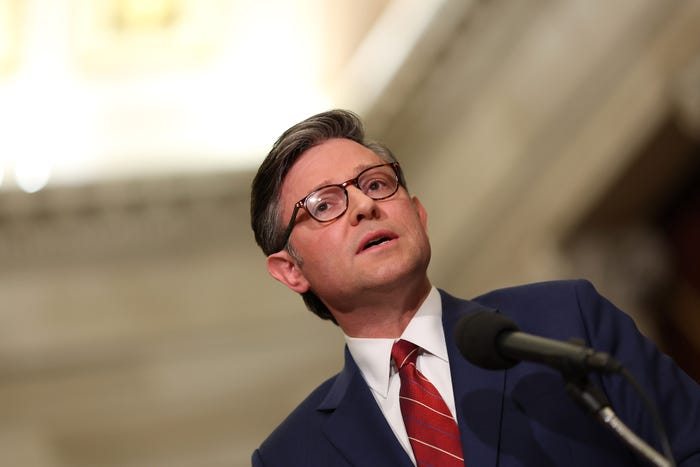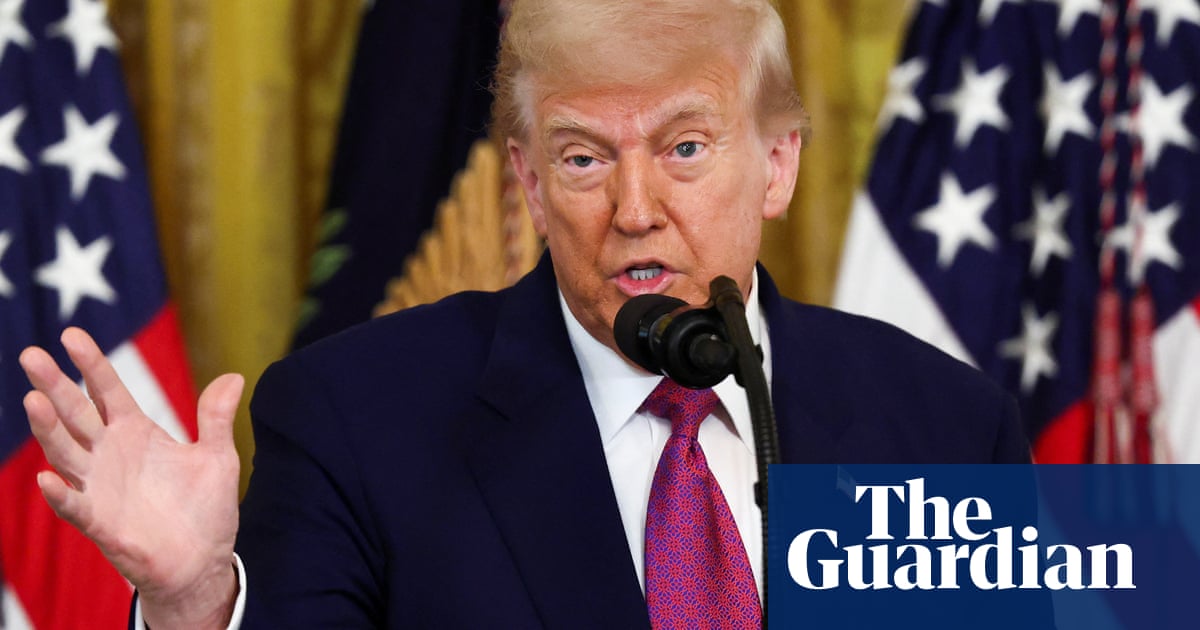Congress Freezes Salaries for Members, Sticking at $174,000

Members of Congress will not see an increase in their salaries this year, as the annual government funding bill signed by President Donald Trump keeps their pay at $174,000. This salary has remained unchanged since 2009, reflecting a long-standing trend of salary freezes for lawmakers.
The recently passed bill, which funds the government through January 30, 2024, includes a provision that prevents a cost-of-living adjustment for Congress members. Most federal employees receive annual raises to account for inflation, but this has not been the case for lawmakers for over a decade.
A consistent feature in government funding bills, the provision blocking salary increases has been included annually for the last 16 years. This year’s decision comes in the aftermath of a prolonged government shutdown that left many federal workers unpaid. Such circumstances make it politically unfeasible for lawmakers to accept raises while constituents faced financial hardship.
Some members of Congress have expressed concern regarding the implications of stagnant salaries. Rep. Andrew Clyde of Georgia pointed out that the impact of such a freeze would not be acceptable if applied to all federal employees. He stated, “I would like to see how well that would go over if we did that to all federal employees.”
Despite the political optics, the salary freeze means that congressional pay will continue to lag behind inflation. According to the Congressional Research Service, had cost-of-living adjustments not been blocked, the salary for rank-and-file lawmakers would now stand at approximately $221,600. The ongoing freeze raises questions about the accessibility of Congress for working-class individuals who may not have independent wealth.
Interestingly, there is bipartisan acknowledgment of the issue. Earlier this year, House Speaker Mike Johnson, who earns $223,500 due to his leadership position, noted that the prolonged freeze could deter qualified candidates from seeking office. “Over time, if you stay on this trajectory, you’re going to have less qualified people who are willing to make the extreme sacrifice to run for Congress,” he remarked.
This sentiment echoes the views of Rep. Alexandria Ocasio-Cortez of New York, who stressed the need for salaries that allow working-class individuals to participate in governance. She stated, “If we want working class people who don’t rely on independent wealth, to represent people in Congress, we have to make it work.”
Last year, lawmakers nearly approved a modest pay increase of up to $6,600, which would have been the first salary adjustment since 2009. However, the proposal was derailed by high-profile critics, including Elon Musk, who argued that the pay raise was disproportionate compared to the broader economic context.
The decision to maintain current salaries for Congress members underscores the ongoing debate about compensation for public officials, particularly in light of the unique demands and responsibilities they shoulder. As discussions around government funding and compensation continue, it remains to be seen how these decisions will affect the future composition and functionality of Congress.






